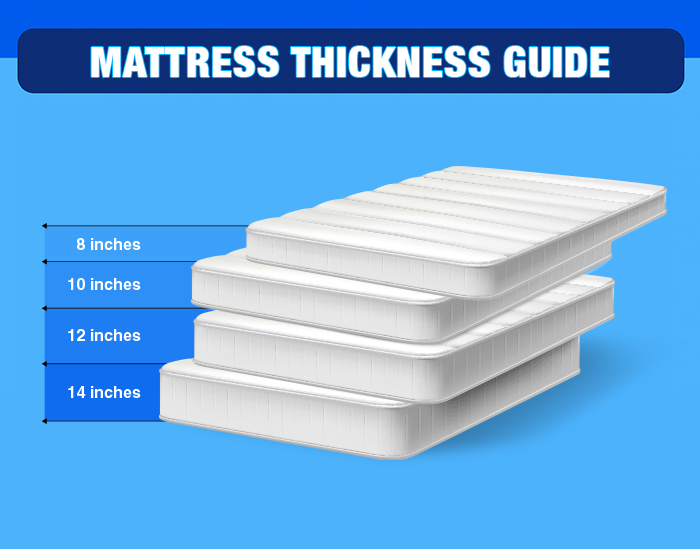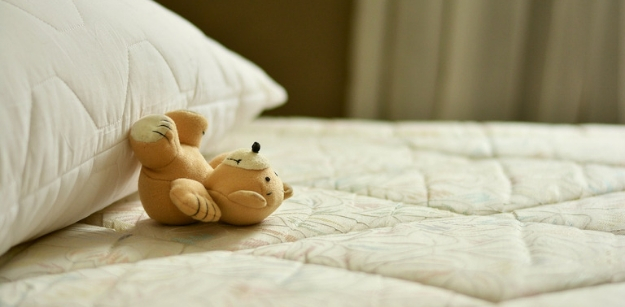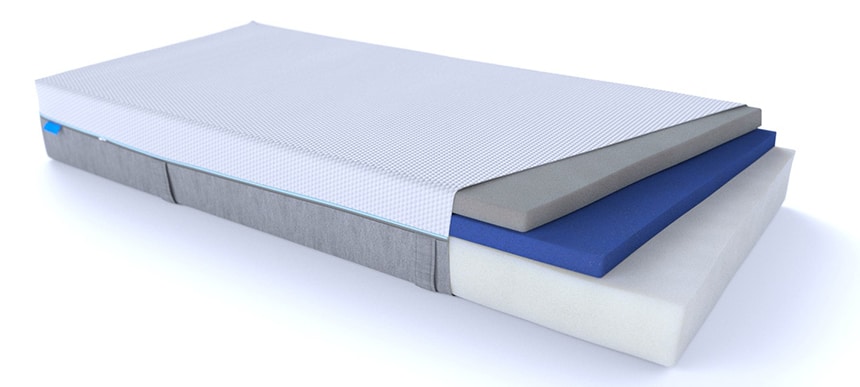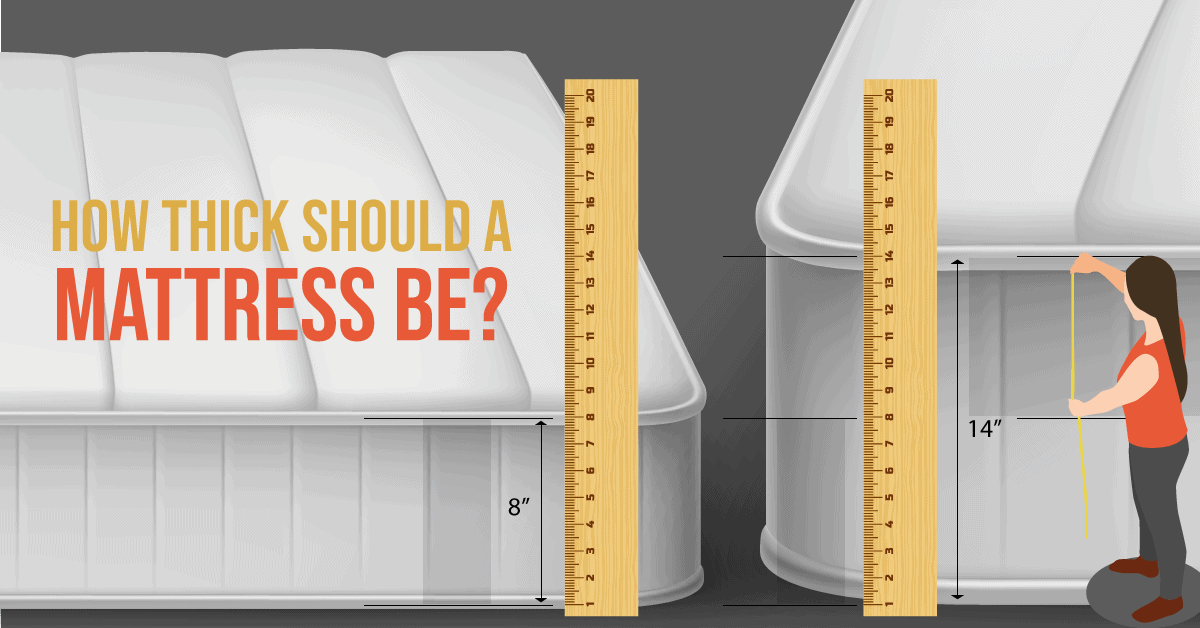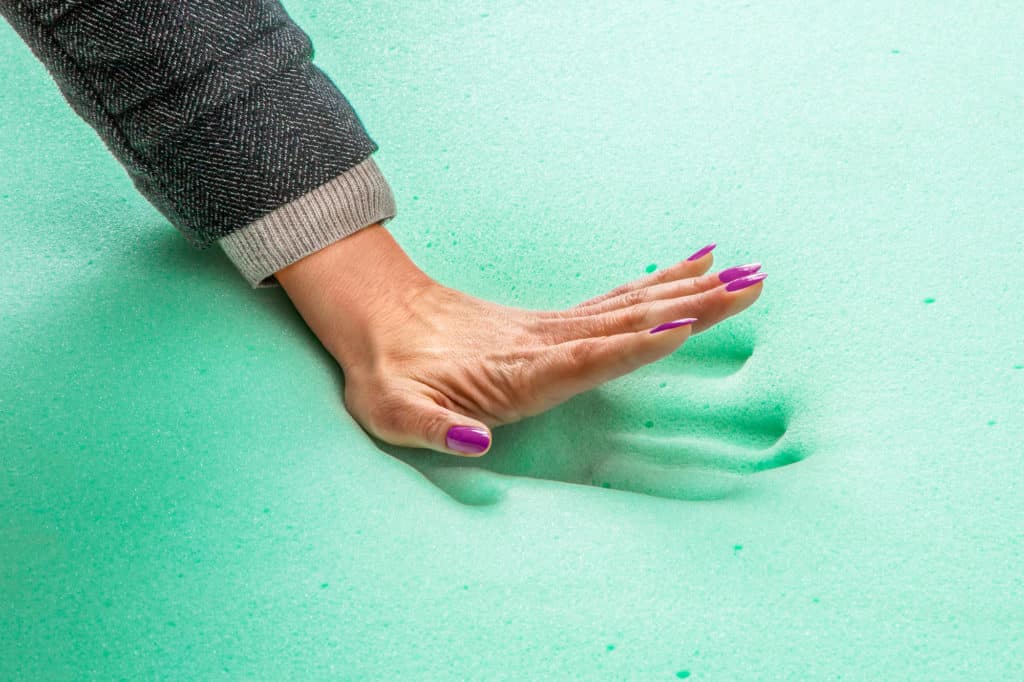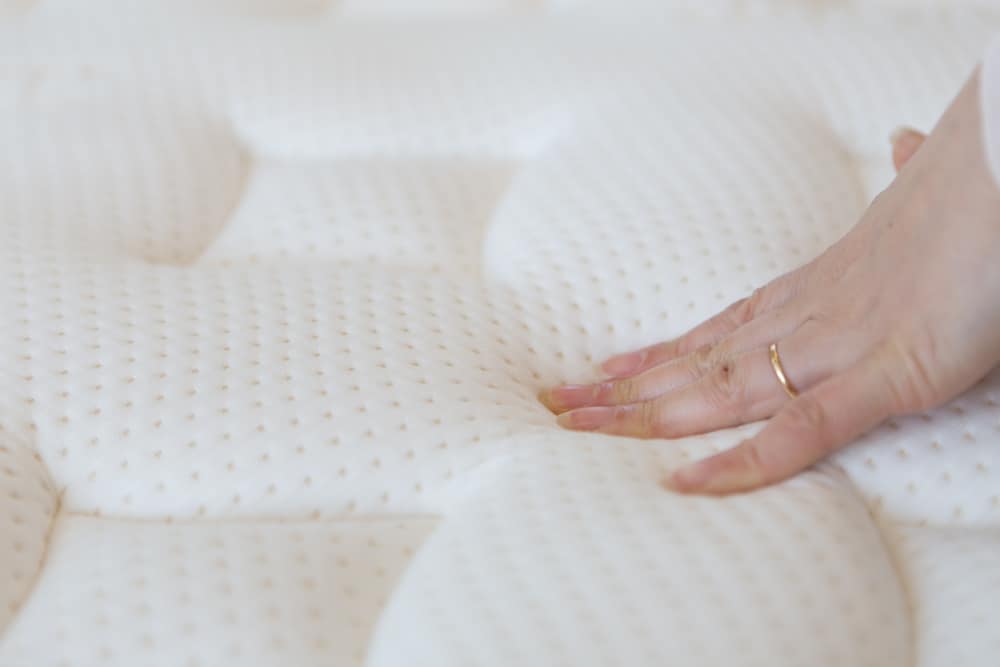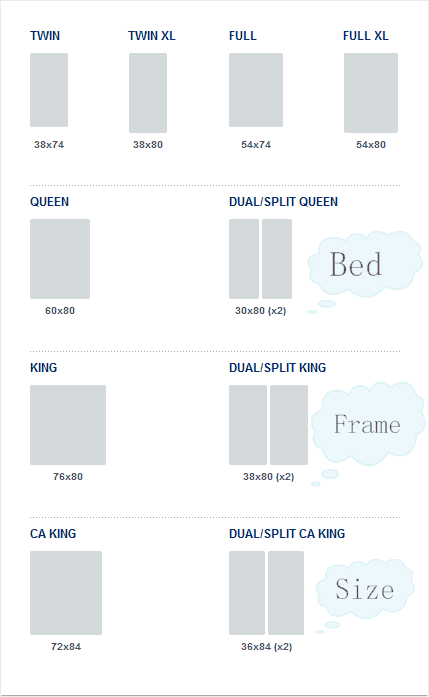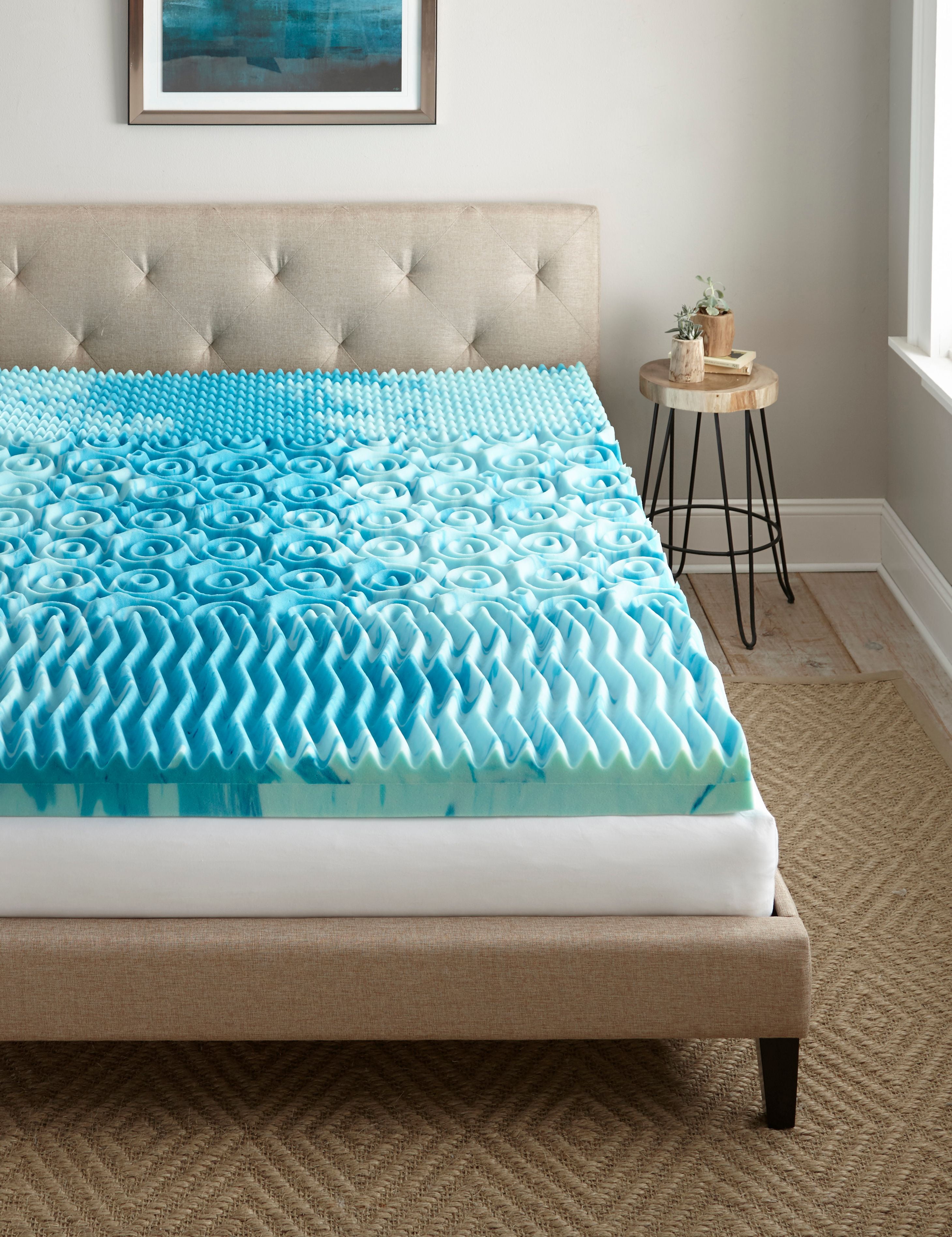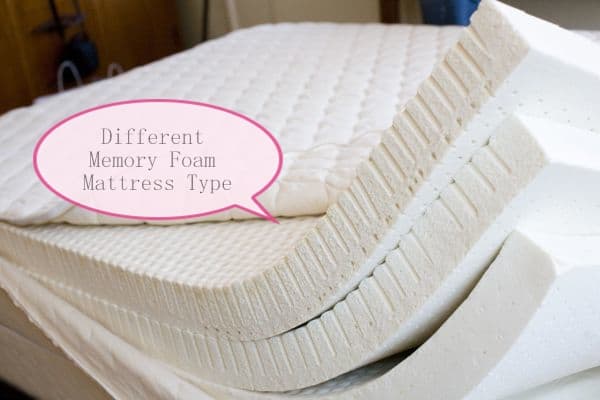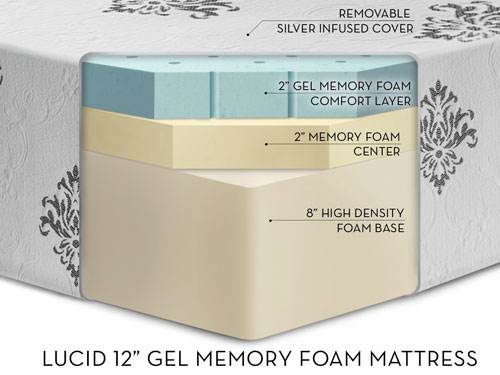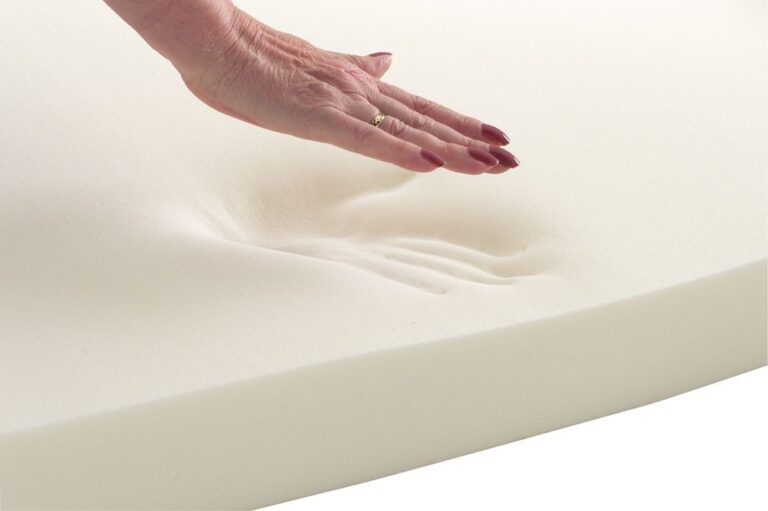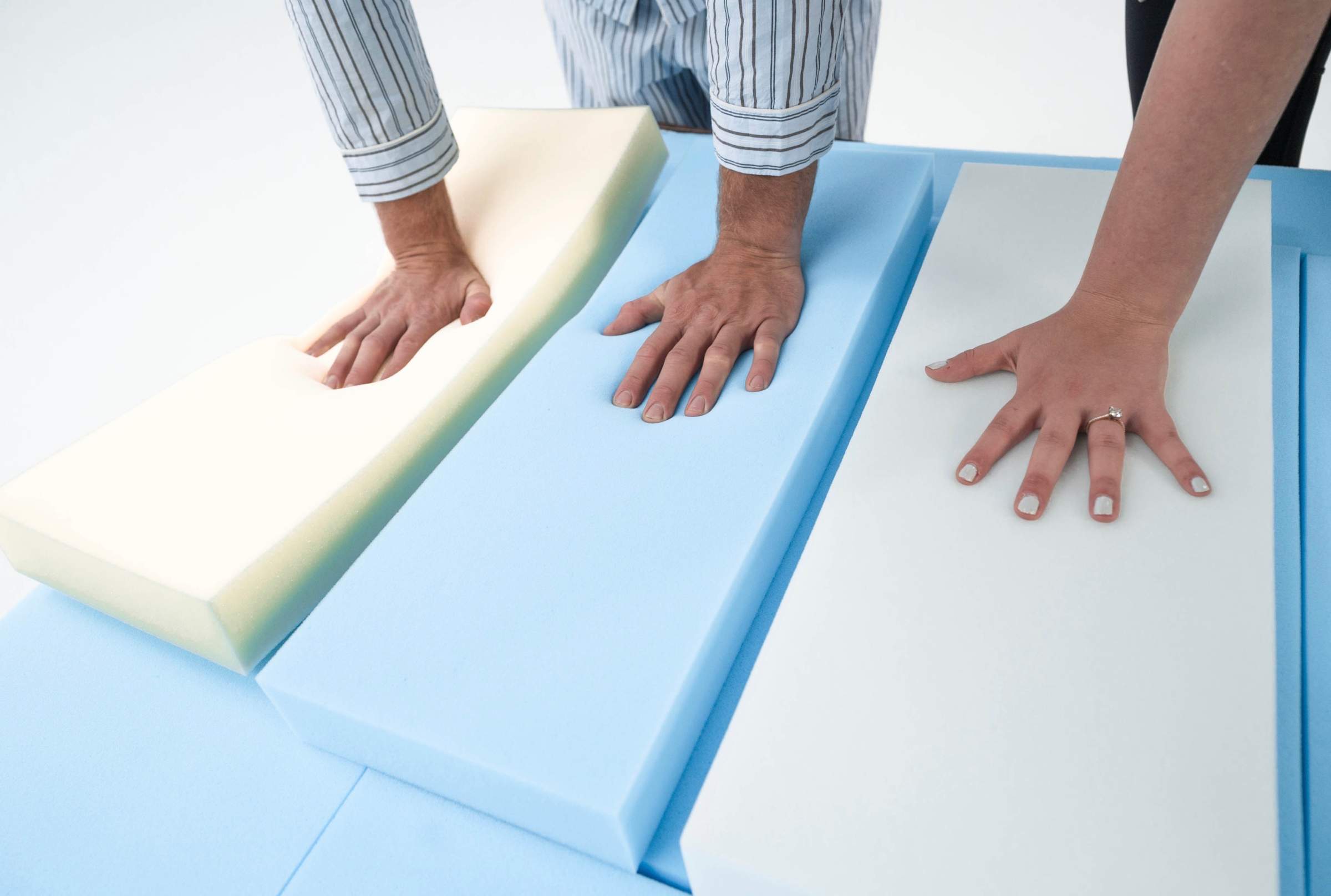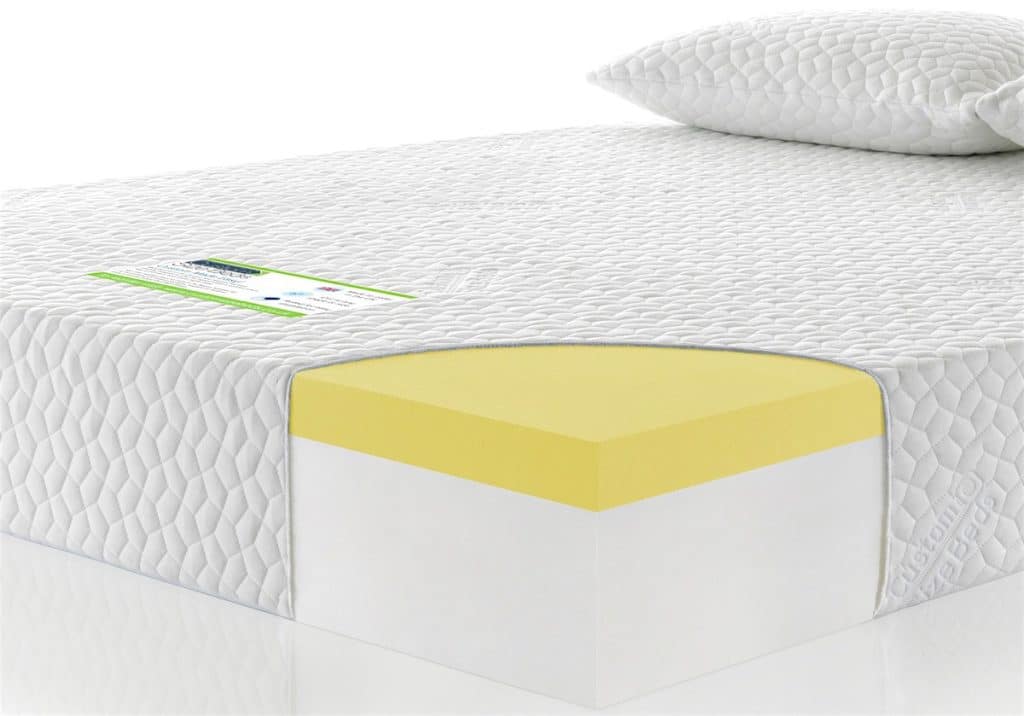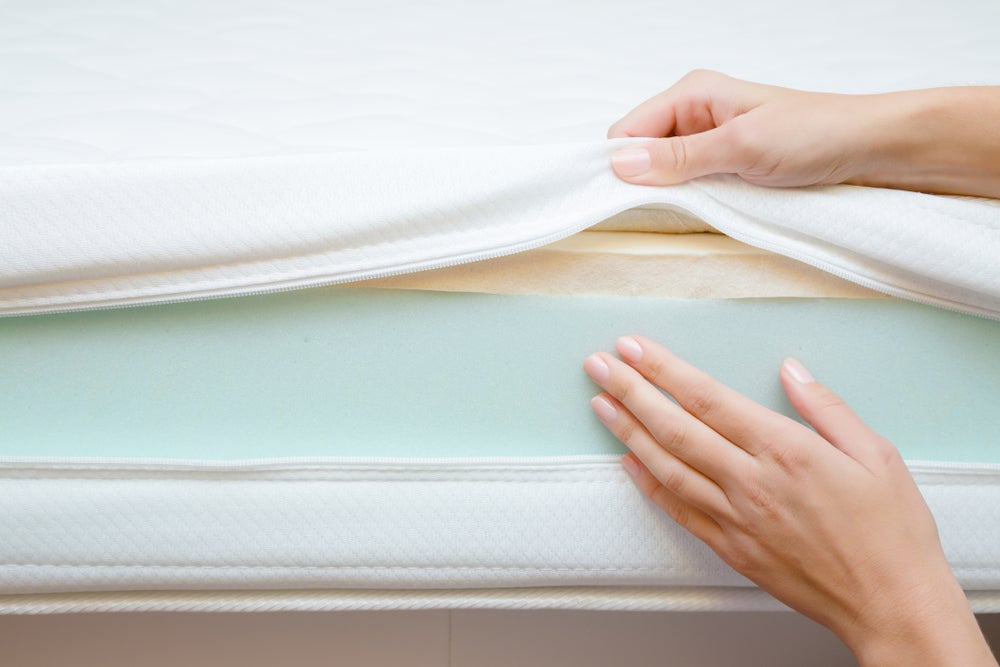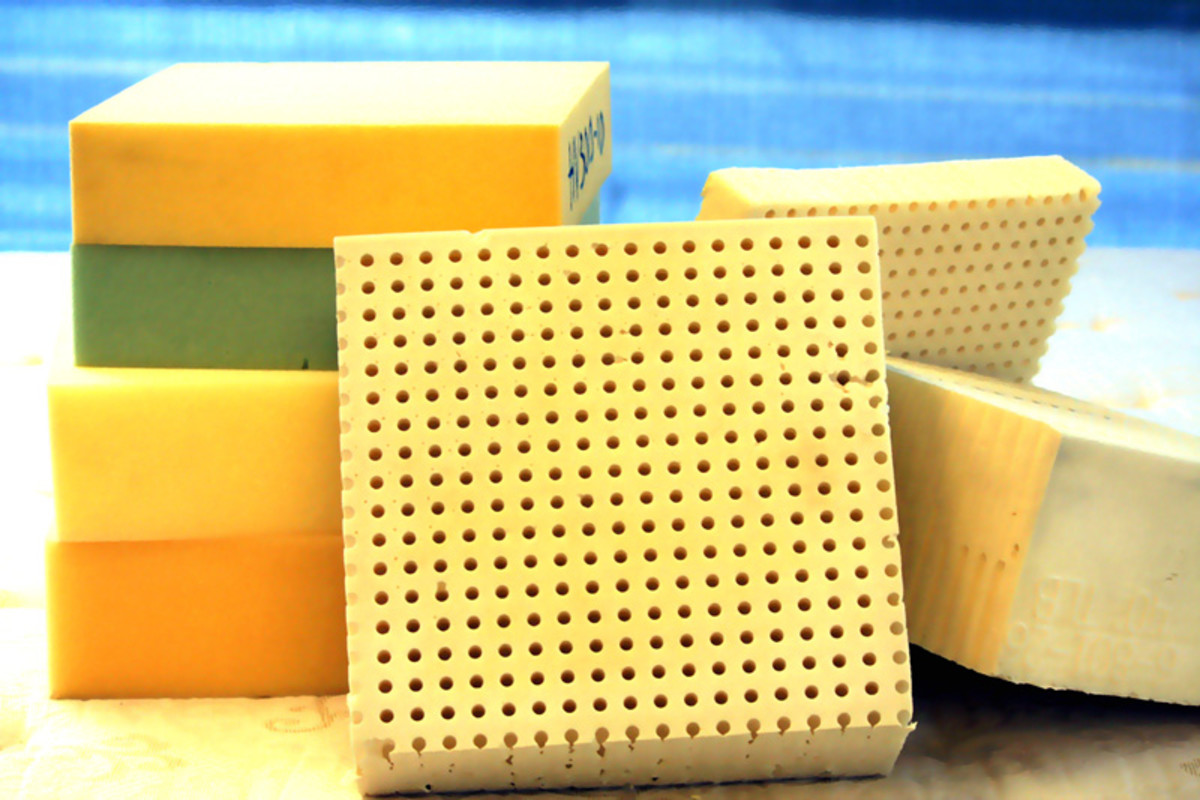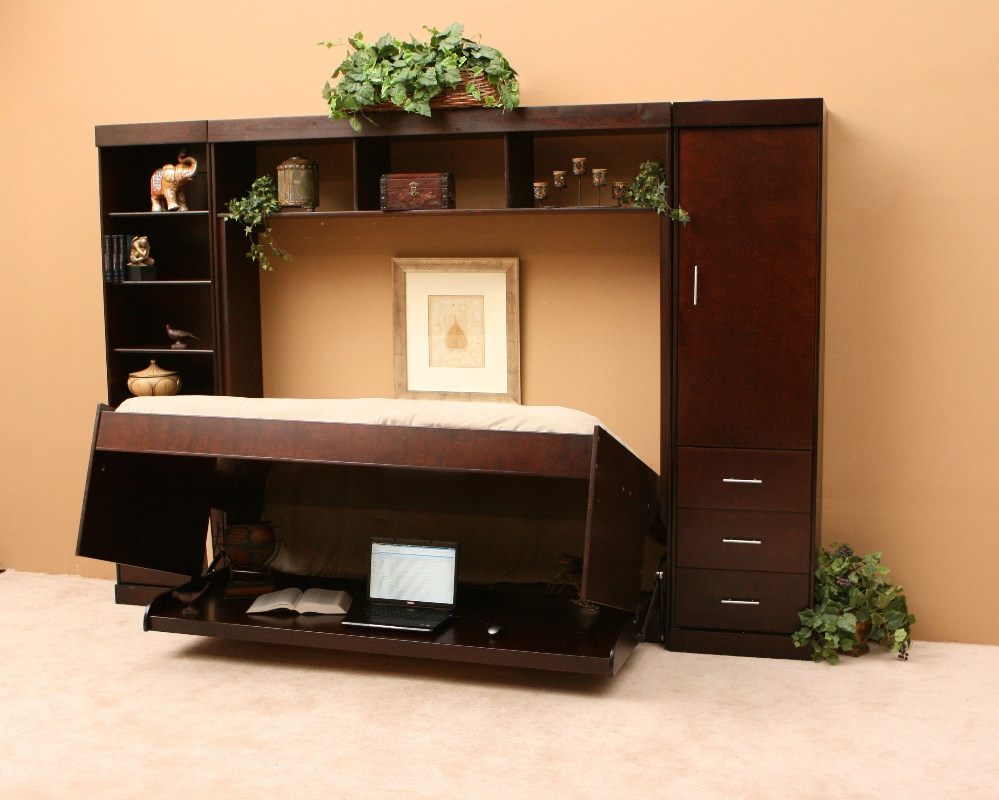When it comes to choosing a new mattress, one of the most important factors to consider is the thickness of the memory foam. Memory foam mattresses have become increasingly popular in recent years, thanks to their ability to contour to the body and provide superior comfort and support. But with so many different thickness options available, it can be overwhelming to know which one is right for you. In this guide, we'll break down everything you need to know about memory foam mattress thickness to help you make the best decision for your sleep needs.Memory Foam Mattress Thickness Guide
The ideal thickness for a memory foam mattress will depend on a few different factors, including your body weight, sleeping position, and personal preferences. Generally, a thicker mattress will provide more support and cushioning, making it a better choice for heavier individuals or those with back pain. On the other hand, a thinner mattress may be more suitable for lighter individuals or those who prefer a firmer sleeping surface.What is the Ideal Thickness for a Memory Foam Mattress?
When deciding on the thickness of your memory foam mattress, it's important to consider both the comfort layer and the support layer. The comfort layer is the top layer of memory foam that provides the contouring and pressure relief, while the support layer is the base that provides the necessary support for your body. The ideal thickness for both layers will vary depending on your needs, but generally, a total thickness of 10-14 inches is recommended for maximum comfort and support.Choosing the Right Thickness for Your Memory Foam Mattress
To better understand memory foam mattress thickness, it's important to know the different types of memory foam and how they affect the overall thickness of the mattress. Traditional memory foam is known for its slow response and deep contouring, which means it may require a thicker layer to provide adequate support. On the other hand, newer types of memory foam, such as gel-infused or open-cell foam, may require less thickness to achieve the same level of support and comfort.Understanding Memory Foam Mattress Thickness: A Complete Guide
As mentioned earlier, the ideal thickness for a memory foam mattress will depend on your individual needs. However, there are a few general guidelines to keep in mind when deciding on the thickness of your mattress. For side sleepers, a thickness of 10-12 inches is recommended for proper spinal alignment. Back and stomach sleepers may benefit from a thicker mattress of 12-14 inches to prevent sinking and maintain proper support.How Thick Should Your Memory Foam Mattress Be?
When shopping for a memory foam mattress, it's important to pay attention to the density and ILD (indentation load deflection) of the foam. Density refers to the weight of the foam per cubic foot, while ILD measures the firmness of the foam. A higher density foam will typically be more durable and supportive, while a lower ILD will be softer and more conforming. Keep these factors in mind when choosing the thickness of your memory foam mattress.Memory Foam Mattress Thickness: What You Need to Know
Memory foam mattresses come in a variety of thickness options, ranging from 6 inches to 16 inches or more. While the standard thickness for a memory foam mattress is around 10-12 inches, there are benefits to both thinner and thicker options. A thinner mattress may be more suitable for budget-conscious shoppers or those who prefer a firmer feel, while a thicker mattress may provide more pressure relief and support for those with specific sleep needs.Exploring the Different Thickness Options for Memory Foam Mattresses
As with any product, there are pros and cons to consider when it comes to different memory foam mattress thicknesses. A thinner mattress may be more affordable and easier to move, but it may not provide the same level of comfort and support as a thicker mattress. On the other hand, a thicker mattress may be more expensive and difficult to move, but it may also provide better pressure relief and support for a better night's sleep.The Pros and Cons of Different Memory Foam Mattress Thicknesses
Ultimately, the perfect thickness for your memory foam mattress will depend on your individual needs and preferences. Consider factors such as your body weight, sleeping position, and any specific sleep issues you may have when making your decision. It can also be helpful to test out different thickness options in person or read reviews from other customers to get a better idea of what may work best for you.Memory Foam Mattress Thickness: Finding the Perfect Fit for Your Needs
In summary, the ideal thickness for a memory foam mattress will vary depending on your individual needs and preferences. Consider the different types of memory foam, the density and ILD of the foam, and the pros and cons of different thickness options. With the right amount of research and consideration, you can find the perfect memory foam mattress thickness for a comfortable and restful night's sleep.Comparing Memory Foam Mattress Thicknesses: Which One is Right for You?
Why Memory Foam Mattress Thickness Matters for a Good Night's Sleep

The Importance of a Quality Mattress
 A good night's sleep is essential for our overall health and well-being. And the foundation of a good night's sleep? A quality mattress. With so many options on the market, it can be overwhelming to choose the right one for you. One factor to consider when mattress shopping is the thickness of the memory foam layer. This often overlooked detail can greatly impact your sleeping experience. Let's take a closer look at why memory foam mattress thickness matters.
A good night's sleep is essential for our overall health and well-being. And the foundation of a good night's sleep? A quality mattress. With so many options on the market, it can be overwhelming to choose the right one for you. One factor to consider when mattress shopping is the thickness of the memory foam layer. This often overlooked detail can greatly impact your sleeping experience. Let's take a closer look at why memory foam mattress thickness matters.
The Science Behind Memory Foam
 Memory foam was originally developed by NASA to provide cushioning and support for astronauts during takeoff and landing. It is made from a viscoelastic material that responds to heat and pressure, molding to the shape of your body and evenly distributing weight. This creates a cradling effect that relieves pressure points and aligns the spine, promoting proper sleep posture.
Memory foam was originally developed by NASA to provide cushioning and support for astronauts during takeoff and landing. It is made from a viscoelastic material that responds to heat and pressure, molding to the shape of your body and evenly distributing weight. This creates a cradling effect that relieves pressure points and aligns the spine, promoting proper sleep posture.
The Ideal Thickness
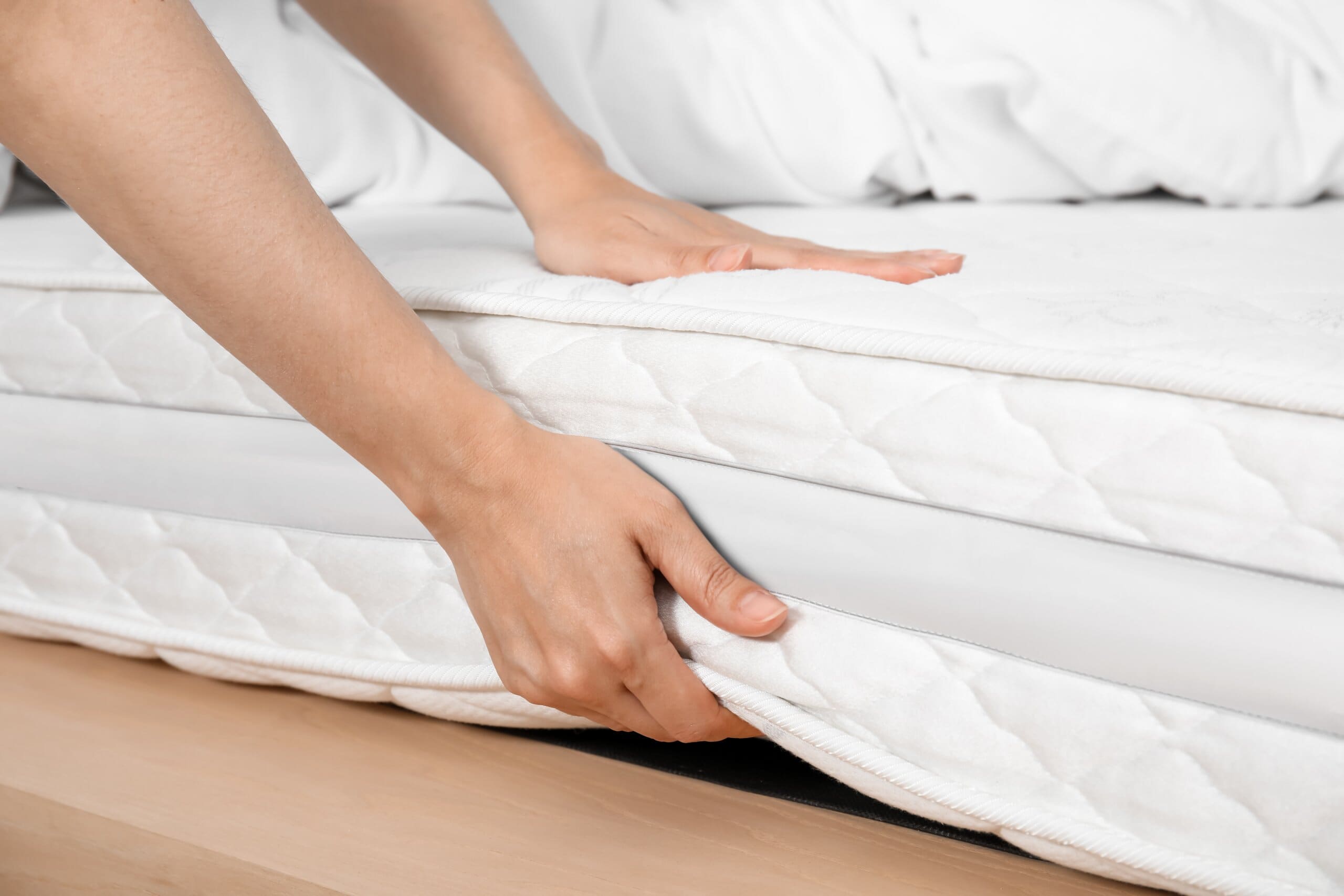 When it comes to memory foam mattresses, thickness matters. The thickness of the memory foam layer can greatly affect the level of support and comfort provided. Generally, the thicker the foam layer, the more plush and contouring the mattress will be. A good rule of thumb is to aim for a memory foam layer between 2-3 inches for optimal comfort.
When it comes to memory foam mattresses, thickness matters. The thickness of the memory foam layer can greatly affect the level of support and comfort provided. Generally, the thicker the foam layer, the more plush and contouring the mattress will be. A good rule of thumb is to aim for a memory foam layer between 2-3 inches for optimal comfort.
Benefits of a Thicker Memory Foam Layer
 A thicker memory foam layer offers numerous benefits for a good night's sleep. Firstly, it provides better pressure relief, especially for side sleepers who tend to put more weight on their hips and shoulders. The added cushioning and contouring also help to reduce motion transfer, making it an ideal choice for couples. Additionally, a thicker memory foam layer can help to alleviate back pain by properly aligning the spine and supporting the natural curves of your body.
A thicker memory foam layer offers numerous benefits for a good night's sleep. Firstly, it provides better pressure relief, especially for side sleepers who tend to put more weight on their hips and shoulders. The added cushioning and contouring also help to reduce motion transfer, making it an ideal choice for couples. Additionally, a thicker memory foam layer can help to alleviate back pain by properly aligning the spine and supporting the natural curves of your body.
Consider Your Sleeping Preferences
 While a thicker memory foam layer offers many benefits, it's important to consider your personal sleeping preferences. If you prefer a firmer surface, a thinner memory foam layer may be more suitable for you. On the other hand, if you prefer a softer, more plush feel, a thicker layer may be the way to go. Ultimately, the best thickness for your memory foam mattress will depend on your individual needs and preferences.
While a thicker memory foam layer offers many benefits, it's important to consider your personal sleeping preferences. If you prefer a firmer surface, a thinner memory foam layer may be more suitable for you. On the other hand, if you prefer a softer, more plush feel, a thicker layer may be the way to go. Ultimately, the best thickness for your memory foam mattress will depend on your individual needs and preferences.
In Conclusion
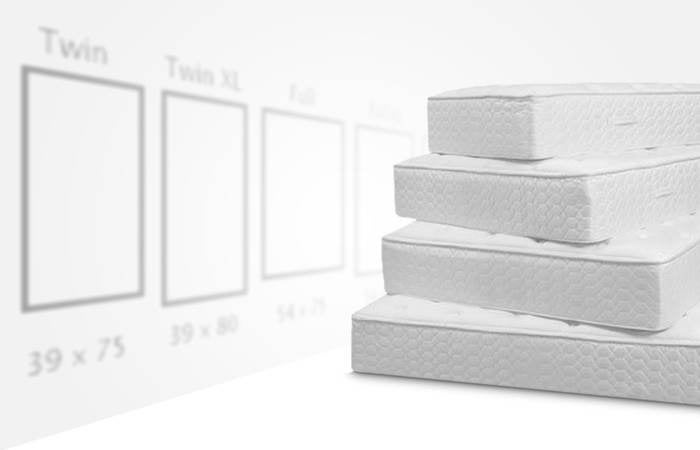 When shopping for a memory foam mattress, don't overlook the thickness of the memory foam layer. It can greatly impact the level of comfort and support provided, ultimately affecting the quality of your sleep. Consider your sleeping preferences and aim for a memory foam layer between 2-3 inches for the best sleeping experience. Invest in a quality mattress with the right thickness and you'll be on your way to a rejuvenating and restful night's sleep.
When shopping for a memory foam mattress, don't overlook the thickness of the memory foam layer. It can greatly impact the level of comfort and support provided, ultimately affecting the quality of your sleep. Consider your sleeping preferences and aim for a memory foam layer between 2-3 inches for the best sleeping experience. Invest in a quality mattress with the right thickness and you'll be on your way to a rejuvenating and restful night's sleep.



